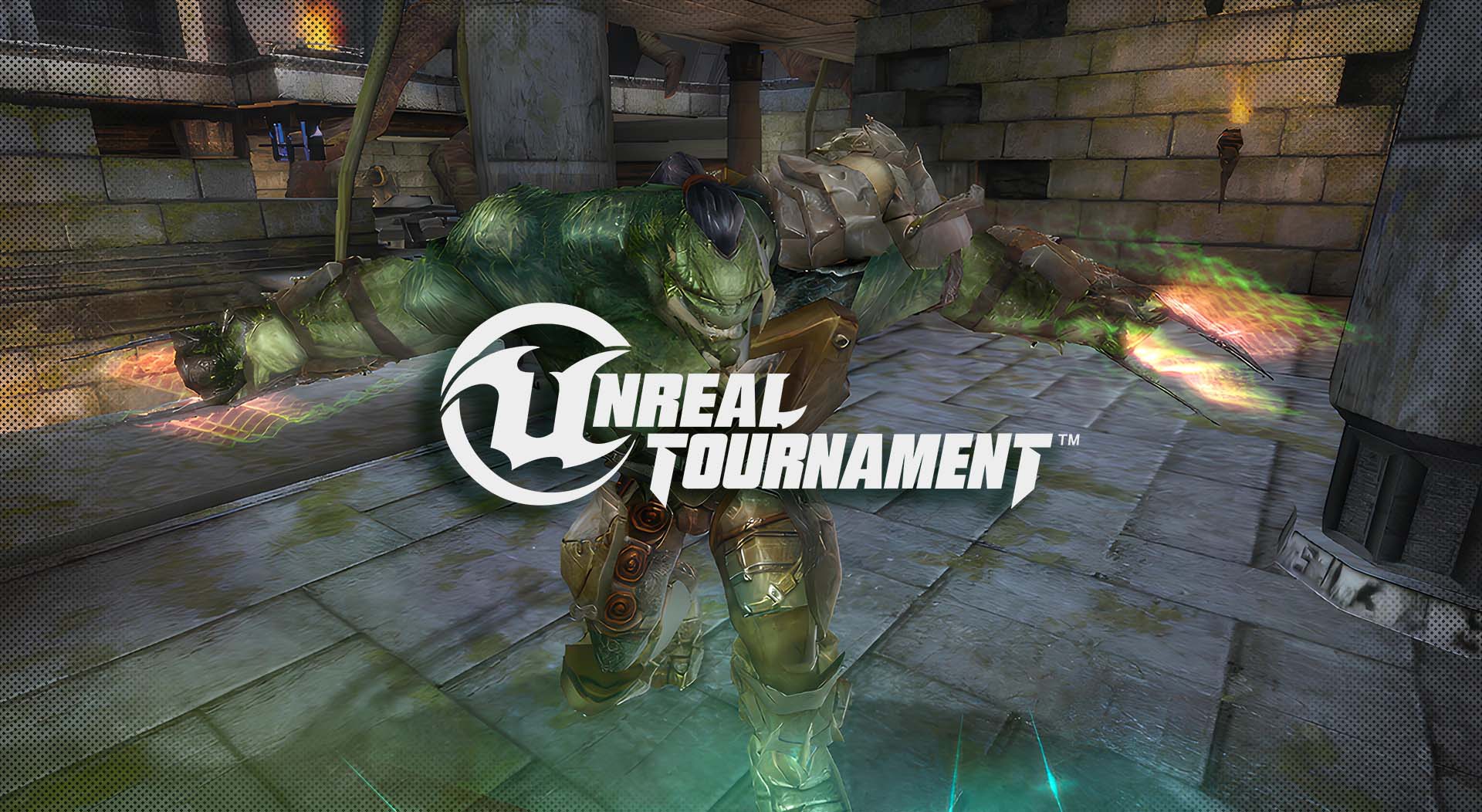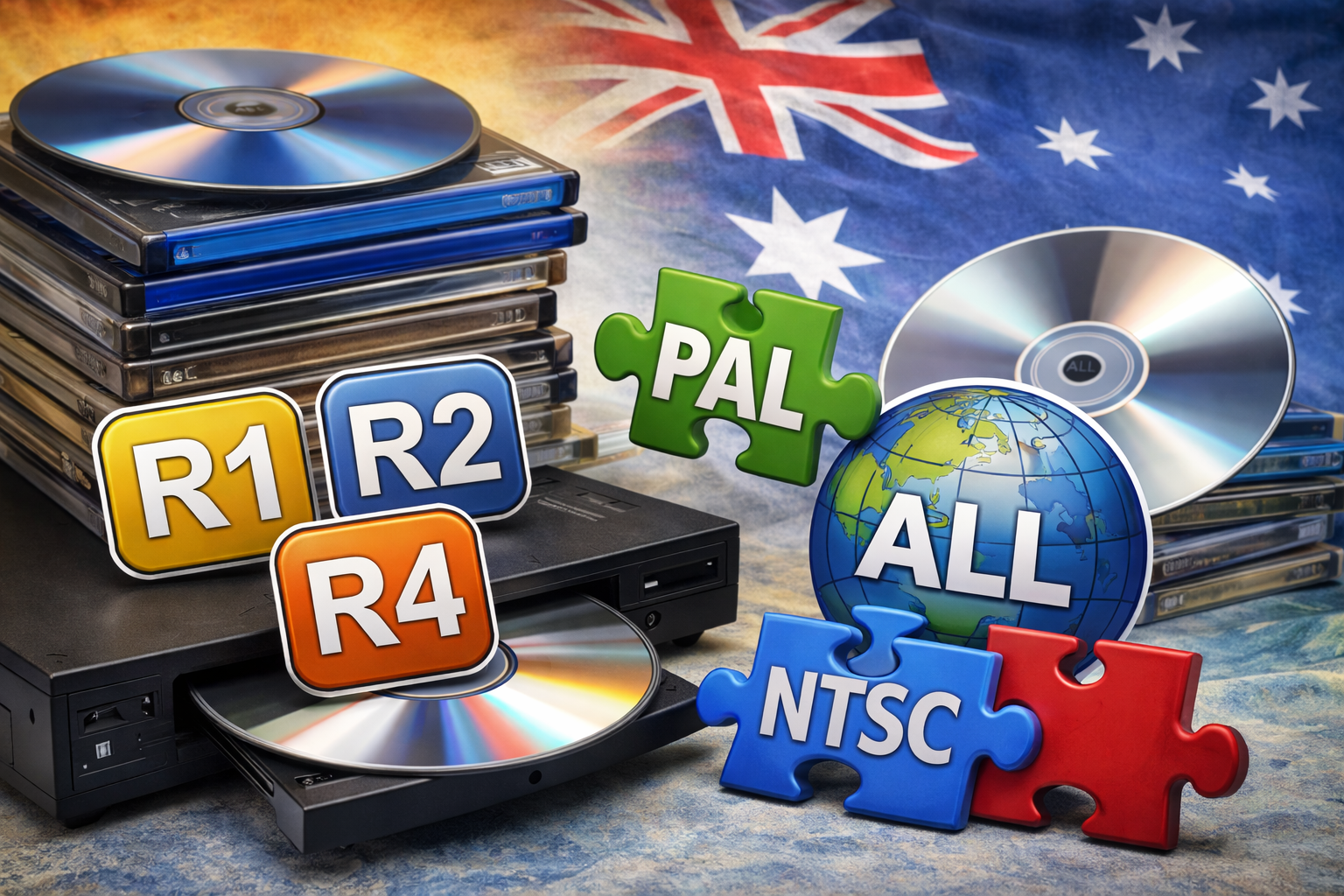Few first-person shooters have shaped competitive gaming culture like Unreal Tournament. Born in the late ’90s and fuelled by LAN parties, modding, and lightning-fast reflexes, the series dominated the arena shooter space for years before drifting into obscurity. But its influence remains undeniable, from esports and engine tech to the DNA of countless modern shooters.
This article dives into the history of the Unreal Tournament series, breaking down each release, highlighting its community legacy, and assessing how it’s remembered today.
The Origins: From Unreal to Tournament
The franchise began with Unreal (1998), a sci-fi single-player shooter developed by Epic MegaGames (now Epic Games) and Digital Extremes. Though primarily known for its campaign, players were drawn to its deathmatch mode, thanks to impressive AI bots and the early potential of online multiplayer.
Instead of expanding the single-player narrative, Epic made a bold move: spin off the multiplayer into a full-fledged arena FPS.
Unreal Tournament (1999): The Arena King

Platforms: Windows, Mac OS, Linux, Dreamcast, PlayStation 2
Special Features:
- The PlayStation 2 version supported USB mouse and keyboard play.
- The Dreamcast version included online multiplayer via modem.
Released in November 1999, Unreal Tournament (often called UT99) set the gold standard for arena shooters. It boasted innovative AI bots, multiple game modes (Capture the Flag, Domination, Assault), and iconic maps like Facing Worlds.
The game’s distinctive weapons, adrenaline-pumping announcer, and strategic gameplay stood out from Quake III Arena, which launched in the same year.
Impact:
- Named Game of the Year by numerous publications, including Computer Gaming World.
- Hugely popular at LAN parties and in early esports tournaments.
- Supported extensive modding through UnrealEd.
Unreal Tournament 2003: Speed and Style
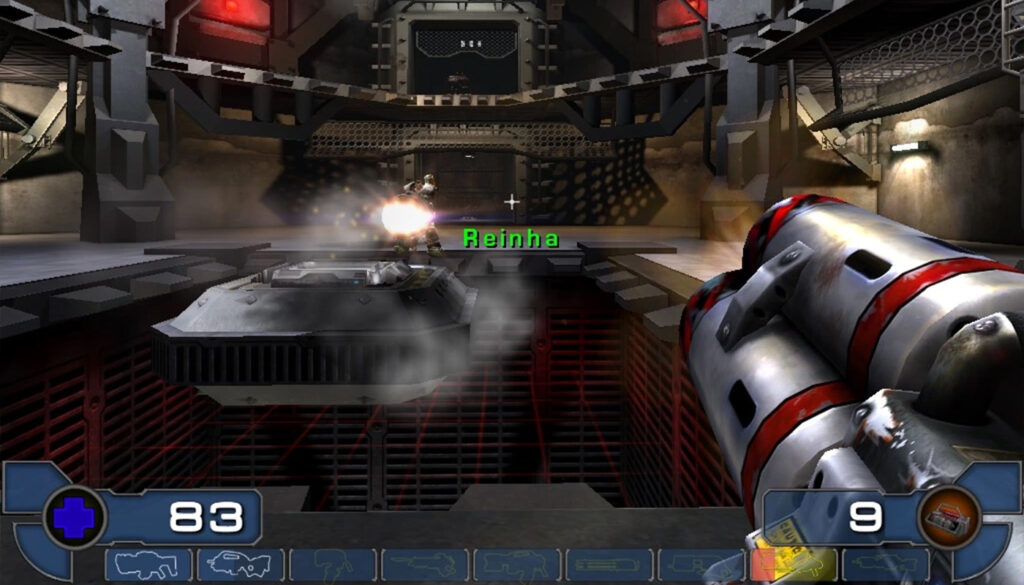
Platforms: Windows, Linux, Mac OS
Special Features:
- First game on Unreal Engine 2.
- Introduced adrenaline combos for temporary buffs.
Unreal Tournament 2003 brought a visual overhaul, tighter movement, and a more stylised aesthetic. With dodge-jumps, wall-dodging, and an adrenaline mechanic, UT2003 leaned into flashy mobility and fast reflexes.
However, reception was mixed. While technically impressive, many fans missed the raw weapon balance and gritty charm of UT99. The game did pave the way for what many consider the series’ best entry.
Unreal Tournament 2004: Perfection Refined
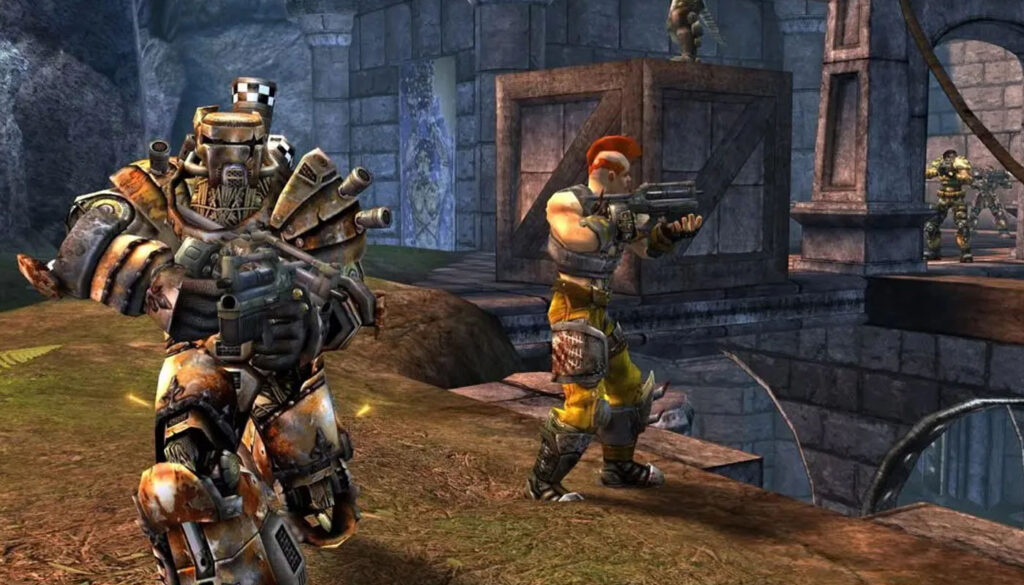
Platforms: Windows, Mac OS, Linux
Special Features:
- Introduced Onslaught (large-scale, vehicle-based battles).
- Reintroduced Assault mode from UT99.
- Included the 6-disc Special Edition DVD with hours of modding tutorials from 3DBuzz.
Unreal Tournament 2004 took everything great about 2003 and fine-tuned it to near perfection. With over 100 maps, vehicles, mod support, and diverse game types, it remains the most celebrated UT title.
The introduction of Onslaught mode brought scale and teamwork into the series. It also benefited from the Make Something Unreal Contest, which encouraged indie developers to create total conversions, some of which became full games.
Legacy Mods Born from MSUC:
- Red Orchestra (Tripwire Interactive)
- Killing Floor
- The Ball
Unreal Tournament 3 (2007): A Gritty Reboot
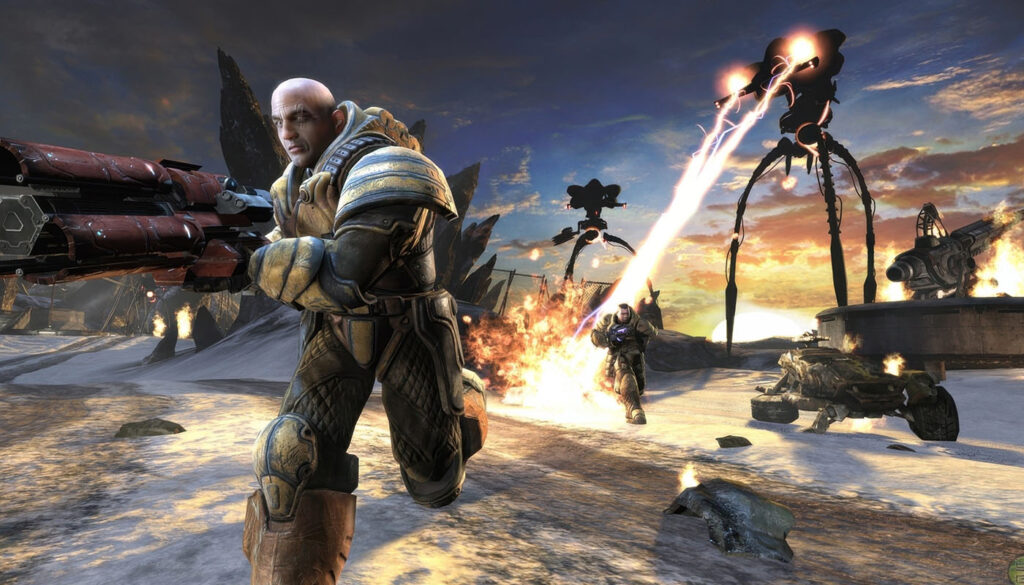
Platforms: Windows, PlayStation 3, Xbox 360
Special Features:
- First to use Unreal Engine 3.
- The PS3 version supported user-created mods via USB and mouse/keyboard play.
- Xbox 360 version lacked mod support due to Microsoft’s restrictions.
Unreal Tournament 3 attempted to reboot the franchise with a darker tone and a new mode called Warfare, combining Onslaught and Assault. But the gritty visuals, influenced by Gears of War, split the fanbase.
Although technically sound, UT3’s single-player campaign (with forced cutscenes and narrative framing) and console-first focus alienated PC purists. Player numbers declined quickly, and the game struggled to establish a strong online community.
Unreal Tournament (2014–Cancelled): A Community Dream, Abandoned
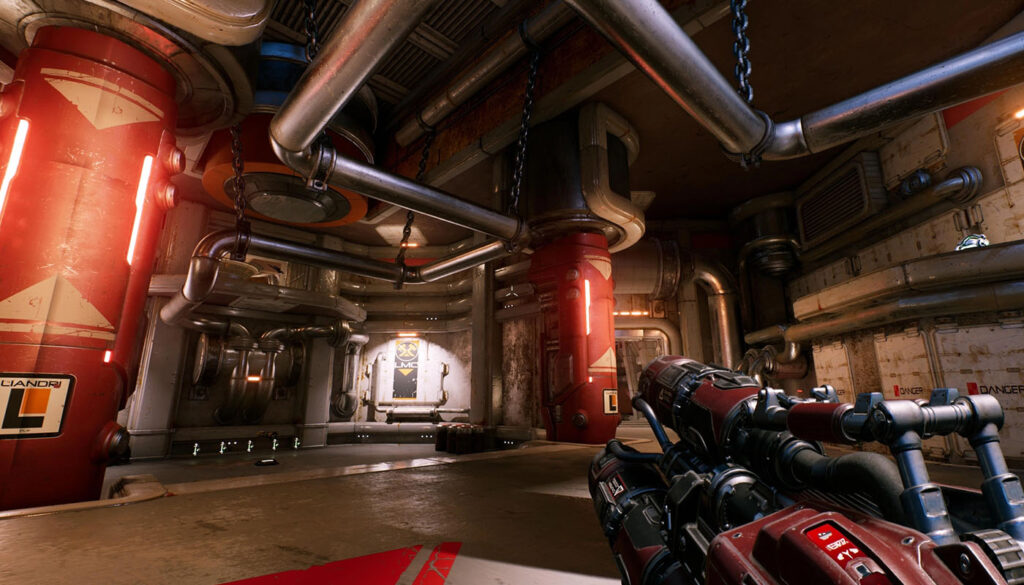
Platforms: Windows, Mac OS, Linux
Special Features:
- Built using Unreal Engine 4.
- Developed openly with the community on GitHub.
In 2014, Epic announced a new Unreal Tournament, built as a free, community-driven project with full modding support from day one. Early alpha builds included classic maps like Deck16 and experimental weapons.
Despite excitement, Epic shifted resources toward Fortnite. As reported by PC Gamer, development on UT quietly halted in 2018, with only unfinished alpha builds left for fans.
In December 2022, Epic delisted the alpha and other legacy UT titles from digital stores, sparking backlash (Rock Paper Shotgun).
Full Breakdown of Unreal Tournament Releases
| Game | Year | Platforms | Notes |
| Unreal Tournament (1999) | 1999 | Windows, Mac, Linux, Dreamcast, PS2 | PS2 supported mouse/keyboard; Dreamcast had online multiplayer |
| Unreal Tournament 2003 | 2002 | Windows, Mac, Linux | First with UE2, introduced adrenaline system |
| Unreal Tournament 2004 | 2004 | Windows, Mac, Linux | Onslaught mode, extensive mod tools, major modding competitions |
| Unreal Tournament 3 | 2007 | Windows, PS3, Xbox 360 | First with UE3; PS3 allowed mods, Xbox did not |
| Unreal Tournament (2014) | Cancelled | Windows, Mac, Linux (alpha only) | Community-led, eventually shelved by Epic |
The Modding Community and UnrealEd
Few games empowered players like Unreal Tournament. From the earliest days, Epic bundled UnrealEd, a full suite of tools allowing map creation, custom modes (mutators), and total conversions.
The Make Something Unreal contest helped many modders turn pro. Studios like Tripwire Interactive and Psyonix (Rocket League) owe their start to the UT mod scene.
Websites like Unreal Archive and forums like OldUnreal keep thousands of maps, mutators, and models accessible today. Many UT99 servers are still active, kept alive by fan-run master servers and open-source patches.
Unreal Tournament’s Cultural Legacy
Though largely dormant now, Unreal Tournament’s fingerprints are everywhere:
- Engines: The original Unreal Engine, born with UT99, is now one of the most widely used game engines in the world.
- Game Design: Elements like announcers (“DOUBLE KILL!”), multi-mode structures, and mobility-based combat influenced everything from Overwatch to Valorant.
- Modding Inspiration: UT helped shape PC mod culture as we know it, years before Skyrim or Minecraft.
- Arena FPS DNA: Games like Diabotical, Reflex Arena, and Quake Champions have tried to bring back the genre, but none recaptured UT’s glory.
Final Thoughts: The Series That Deserved More
Unreal Tournament was once the future of competitive shooters, fast, smart, and endlessly moddable. Its legacy remains tied to the rise of PC gaming, the democratisation of game development, and the idea that multiplayer didn’t need a battle pass to be fun.
Though Epic has shifted focus, the community hasn’t forgotten. Whether you’re rocket-jumping through DM-Phobos or firing the Redeemer down a flag corridor in CTF-Face, UT still delivers thrills, and reminds us of what multiplayer used to be.
